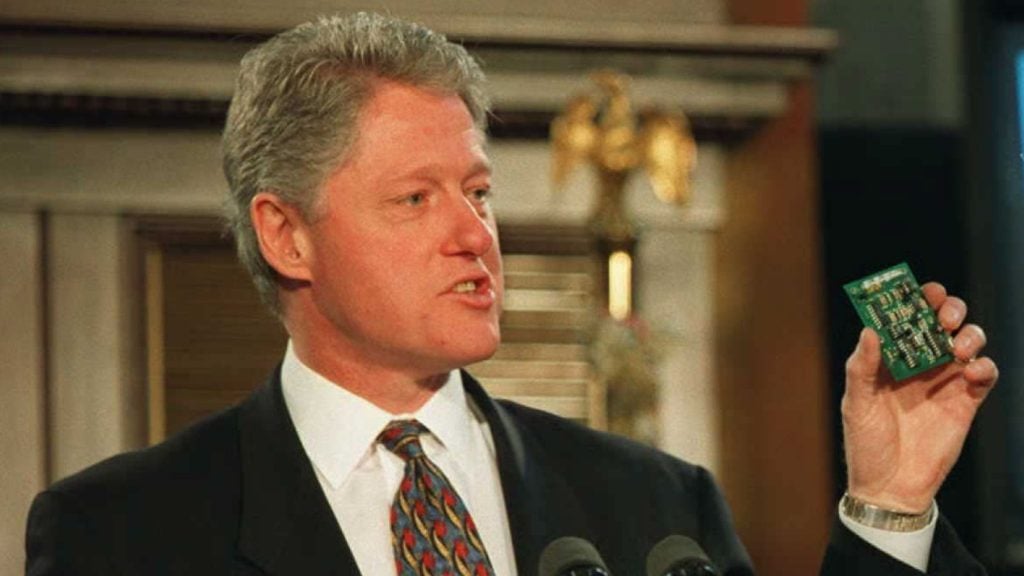The US State Department looks set to shut down the Global Engagement Center (GEC), which has for a long time faced accusations of deviating from its stated role abroad, and instead engaging in, and facilitating censorship at home.
This has been revealed in a filing in the Daily Wire v. US Department of State case, in which the latter informed the court that members of Congress were told last Friday about the upcoming move.
However, even though GEC as such is “substantially likely” to cease operations on December 23, the idea seems to be a simple reshuffle – as both the funding and the staff would continue their work in other State Department offices and bureaus.
According to a spokesperson, this development is the result of the National Defense Authorization Act (NDAA) not providing for an extension of GEC. And now the State Department is “hopeful that Congress extends this important mandate through other means” before the December 23 termination date, said the spokesperson.
That mandate, on paper, is supposed to be directing, leading, and coordinating the US government’s “countering of foreign propaganda and disinformation” – in foreign countries. And the State Department continues to maintain that this is in fact the role of GEC and that it is critically important for that work to continue.
But critics say that the office, which was created in 2016, in reality, represents a central component of partisan censorship targeting Americans – particularly conservative and “disfavored” voices.
As evidence of this kept mounting, Republican members of the House of Representatives first investigated the activities of this office, particularly the way it was handing out grants (the suspicion is that GEC “delegated” censorship to third parties in order not to openly violate the Constitution).
Now, House Republicans have decided not to approve the planned 8-year extension of GEC. One of those controversial grants, worth $100,000, went to the Global Disinformation Index – a UK-based group accused of compiling a list of conservative media that advertisers were supposed to boycott and thus deprive of revenue.
But even if GEC will no longer exist as such, the intent is clearly to reassign employees and keep funding their work. What that work will actually be going forward, should depend on the incoming administration’s new State Department.










